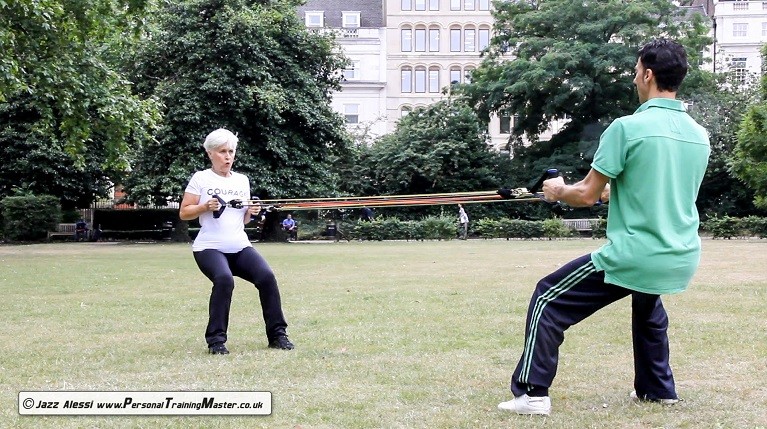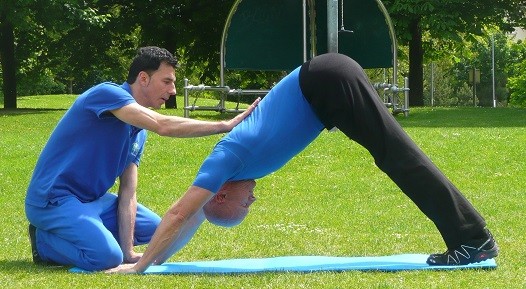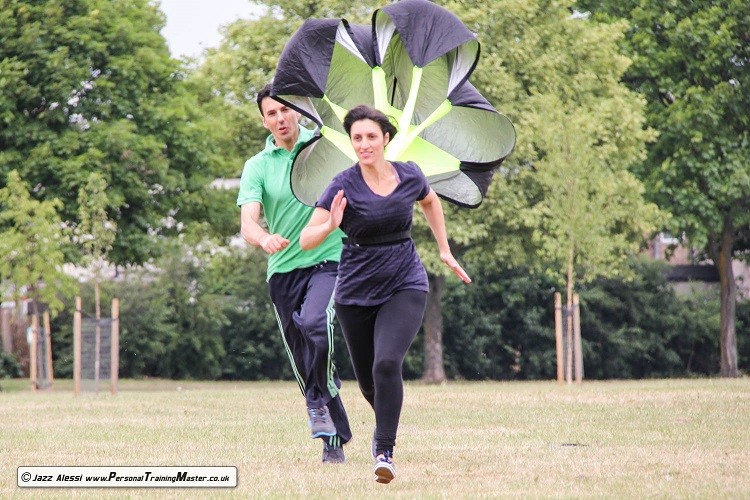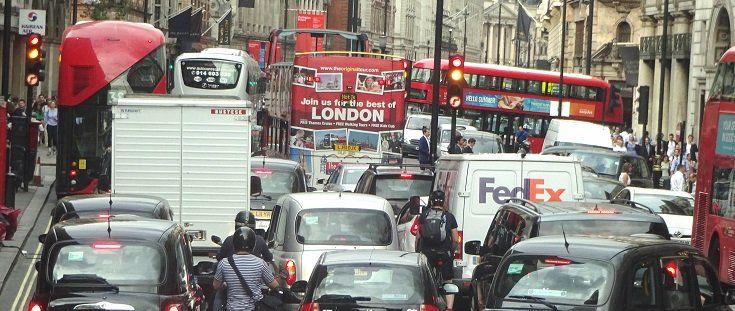Obesity is considered one of the most serious health ailments that affect the London population, and causes a large number of adverse effects on your overall wellbeing.
Recent statistics that were released claimed that the obesity rates in the United Kingdom have increased unfortunately from the 1990s until now by as much as 92%, making the United Kingdom the fattest country in the Western parts of Europe1.
If it happen that you may be overweight or obese, meaning your BMI is higher than 252, then you have most likely already experienced the numerous problems that obesity has in store for a person.
The condition that not only causes us to experience a variety of health problems, but also affects our minds – is enough just to think of how we feel when we stand in front of the mirror and just ourselves based on the fact that our weight it may causing us to feel unworthy.
Not a good picture, isn’t it?
Why, Actually Is It So Dangerous To Become Overweight and Obese?
Overweight and obesity has many health complications and consequences linked to the obese condition.
In fact, the public health system in the United Kingdom has recently declared obesity to be a health epidemic in the country3.
The condition is causing billions in health care costs each year, but this is not the biggest concern than the public health system of the country has.
Obesity is known to contribute greatly to many chronic health conditions, which may lead to early death.
Some of the most significant dangers that you are exposing your body to with obesity include:
- Diabetes,
- Heart disease,
- High blood pressure,
- Gallstones,
- Sleep apnoea,
- Stress,
- Infertility,
- Arthritis,
- Constipation,
- Indigestion.
How Much Exercise Do You Really Need To Lose Weight And Stay Healthy?
A customised to your body type, challenges and goals healthy diet plan is often the first recommendation that you may obtain when seeking advice on how to lose weight, but physical exercise should be considered just as important as a customised healthy diet.

Unfortunately, the majority of the UK population could spend more time working in inactive jobs than what is considered appropriate by the NHS and the medical establishment; thus causing the population to become sedentary instead of active.
To feel strong, focused, to be healthy and maintain a normal bodyweight, you need to participate in at least a set minimum amount of physical activity on a weekly basis.
According to the standards set out by the NHS Choices UK4, you need to participate in both aerobic and strength training activities, and ideally try to include some physical activity into your everyday lifestyle.
The recommendations for each type of activity is as follow:
- Participate in 150-200 minutes or more of aerobic activity weekly. The intensity of the aerobic activity should be at least moderate, and may include a brisk walk or cycling.
- Participate in strength training activities on a minimum of two days every week to strengthen your bones, skeleton system and muscle tissues.
The particular exercises you perform should work on a variety of major muscle groups, including your leg muscles, hip muscles, back muscles, abdomen, shoulders, arms and chest.
And it should incorporate a lot more functional exercises like Pilates and body conditioning to provide you with more health and postural benefits.
What Are The Benefits Of Exercising In Nature As Compared To In A Building, Gym Or Heavy Populated Area?
The general thought amongst the population has been that any type of exercise, regardless of where it is performed, tend to offer the body with a range of positive health effects.
Thus, people often tend to visit the gym or go for a jog down the street when they wish to improve their physical activity level.
Unfortunately, new evidence suggests that what people thought may not be as accurate.
The study found that it does, in fact, matter where you perform your exercises, regardless of the exercise type that is being performed.
The Duke Nicholas School of the Environment5 explains that a recent study, which was conducted by a group of scientists at the Imperial College London, made a breakthrough in the world of fitness, after they discovered that performing exercises in certain environments may not be as beneficial as a person would think, and that the positive effects that physical exercise is meant to have on the human body may be cancelled out by such environment.
The study was conducted on a group of older individuals, with the minimum age of the participants of the study being 60 years.
A total of 119 individuals participated in the study.
While a large number of the participants were in a healthy conditions, some also suffered from stable ischemic heart disease or chronic obstructive pulmonary disease, also known as COPD.
All participants were asked to take a two-hour walk in a part of London that was usually busy – both populated by people and by cars.
The participants were also asked to take a similar two-hour walk in Hyde Park in central London.
The idea behind the study was to examine the effects that the air pollution present in the busy street of London had on the individuals who participated in the study, and to conclude whether or not it may affect the benefits these individuals were supposed to experience from the physical activity they participated in.
Before and after these two particular activities, several tests were performed on each of the participants in order to provide the scientists who led the study with an overview of what particular effects the air pollution found in the busy streets of London had on the efficiency of the exercise protocols that were performed on the study participants.
The following tests were performed on each of the individuals who participated:
- Lung capacity testing
- Blood pressure testing
- Blood flow testing
- Arterial stiffness testing
The purpose of these tests was to observe the cardiopulmonary health of each participant.
The following results were found in the participants, based on each of the activities they performed:
A Walk In Hyde Park – When the participants took a two-hour stroll in a park, known as Hyde Park, the scientists found that several improvements could be observed post-exercise in all of the participants.

- Lung capacity increased considerably in only one hour after they started with the exercise protocol.
- Arterial stiffness was also significantly reduced during the exercise protocol.
The most significant benefits of arterial stiffness reduction were observed amongst the participants who suffered from COPD, followed by those who suffered from heart disease.
Even the healthy participants were able to experience a significant improvement in their artery stiffness and lung capacity.
It should also be noted that these benefits seemed to last for at least 24 hours in most of the participants.
A Walk In A Busy Stress
The participants who took a two-hour stroll in a busy stress found in London had insignificant results when compared to the results that were found in those who took a walk in Hyde Park.
- Lung capacity did increase amongst the participants when they walked in an air-polluted street, but at a much lower rate.
The same goes for the reduction in arterial stiffness.
- While the benefits of the walk in Hyde Park were still present in many participants 24 hours afterward, the little benefits that were observed during the stroll in Oxford Street were not present 24 hours after the exercise protocol ended.
This study marks a very important discovery in the fitness industry.
Even though the participants who were observed in the study were all aged 60 and older, it is important to note that the scientists mentioned these effects would offer similar results when observed in younger individuals.
For this reason, it is important for individuals not only to consider how much exercise they obtain on a weekly basis and what type of activities they participate in, but also to consider where they are performing these exercises.
Final Thoughts
Being overweight or obese exposes you to unpleasant health risks, as well as the potential to develop mental health issues due to a lower self-confidence.
These effects can wreak havoc your life and health.
When it comes to exercises, it is important to consider where you perform your London personal training programme.
While it may be tempting to exercise indoors, especially if you are conscious about how you will look in front of others, you should take note that exercising in the park or other areas with lower pollution levels will help you gain much more benefits from your personal training programme.
Jazz Alessi’s Elite Personal Training London Services
Jazz Alessi is an Elite Personal Trainer in London, offering personalised weight loss packages and effective elite personal training solutions to clients that matches their abilities, locations, schedule, convenience and fitness levels.
From professionally supporting you to lose one stone or just a few pounds of extra fat for your red carpet event or preparing you to running the London marathon he provides complete fitness solutions, customised nutrition, meal plans and sports injury rehabilitation services.

Jazz focuses on providing fast and safe weight loss packages, getting you fit and lean faster, and he is using immunity boosting training regimens that are performed outdoors or at the client’s most convenient location.
Keen to get started?
Contact now Jazz through this link, here.
References:
1 Siddique, H. UK is most obese country in western Europe, OECD finds. The Guardian. 2017, Nov 11.
2 Defining Adult Overweight and Obesity. Centres for Disease Control and Prevention.
3 What are the health risks of obesity? BBC Science. 2014, Jun 18.
4 Physical activity guidelines for adults. NHS Choices.
5 Air Pollution Cancels Positive Health Effects Of Exercise In Older Adults. Duke Nicholas School of the Environment.
Disclaimer: This website and all its content is to be used for information purposes only. This website or any of its content or links to third parties does not diagnose, advise, treat or cure any ailments, illness or disease.
You agree to hold harmless the owner of this site for any action taken on your own without consulting your medical doctor first by using the information on the website for diagnostic, treatment, or any other related purposes. This is not medical advice. If you are suffering from any illness, disease or ailments please contact your doctor first and immediately.



